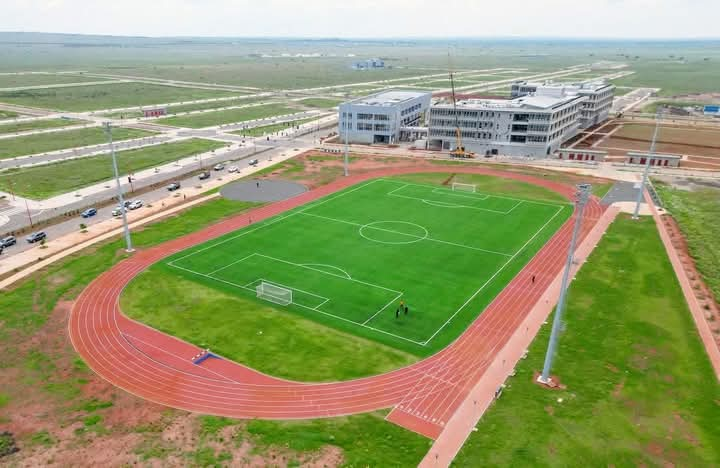Land for Sale in Kenya – Smart Guide to Buying Property

Investing in land has long been considered one of the most secure financial decisions. It offers the potential for capital appreciation while granting the owner full autonomy over its use. Kenya's real estate sector continues to show growth, particularly in urban and semi-urban areas. As infrastructure projects expand and cities grow outward, land near these developments becomes increasingly attractive. Understanding the land acquisition process is essential for anyone considering such a purchase.
Before buying any piece of land, thorough research is vital to avoid future complications. This involves verifying the title deed, checking the land's zoning status, and ensuring there are no legal disputes. Many first-time buyers overlook these critical steps and end up facing costly legal battles. Engaging professionals like surveyors and lawyers can streamline the verification process and protect your investment. While this may add to your initial cost, the long-term peace of mind is worth it.
Location is a major factor when evaluating any real estate investment. Proximity to roads, schools, and utilities can significantly impact land value and future resale potential. Areas close to Nairobi, Mombasa, and Kisumu often draw attention due to their economic activity. However, emerging counties such as Kajiado, Laikipia, and Machakos are also gaining traction. These regions present great opportunities for investors seeking affordable yet promising options.
It's also important to understand the different types of land available in Kenya. Agricultural land is typically cheaper but may have restrictions on development. Residential plots often require adherence to local building codes and may be part of gated communities. Commercial plots, while more expensive, can generate higher returns through rental income or resale. Choosing the right type depends entirely on your goals and budget.
Financing is another essential element of land acquisition. While some buyers have the ability to pay cash, others may require bank loans or installment payment plans. Many real estate companies in Kenya now offer flexible payment options to attract more buyers. However, it's crucial to understand the interest rates, timelines, and hidden charges associated with these plans. Always read the fine print and consult a financial advisor if necessary.
One of the most advertised phrases online today is “Land for sale in Kenya ,” which reflects the high interest in real estate investments. Despite the increased marketing, buyers must exercise caution and ensure they're dealing with reputable sellers. Fake listings and unscrupulous brokers have unfortunately become common, leading to numerous cases of fraud. Verifying ownership and visiting the land in person can reduce such risks. It’s always wise to conduct transactions through a legal framework.
Government regulations also play a role in land ownership and usage. Foreigners, for example, are restricted from owning freehold land but can acquire leasehold rights under certain conditions. It's important to be aware of national and county laws before finalizing any purchase. Additionally, issues such as land succession, land rates, and taxes can impact your ownership experience. Being well-informed will help you navigate these complexities with confidence.
There’s also a growing trend of land banking, where investors buy and hold undeveloped land for future appreciation. This strategy requires patience, as returns are realized over a longer period. However, when done in high-growth areas, it can be incredibly lucrative. Land bought years ago in places like Syokimau and Ruiru has tripled in value. Identifying the next growth hotspot is key to successful land banking.
Security and access to amenities should never be overlooked when buying land. Even the most affordable plots may become burdens if they’re in unsafe or inaccessible locations. Water, electricity, and good roads all add value to the land. You should also consider community development plans and ongoing infrastructure projects in the region. These factors determine not just the current value, but also long-term viability.
Ultimately, whether you're looking for a future home, an investment, or a commercial venture, land ownership is a powerful asset. The phrase Land for sale in Kenya will continue to dominate property headlines for years to come. But behind every deal is a series of critical decisions that can either yield profits or lead to losses. With careful planning, due diligence, and legal guidance, you can make informed decisions that benefit you for a lifetime. Start your journey with clarity, and you'll be one step closer to securing your dream piece of Kenya.